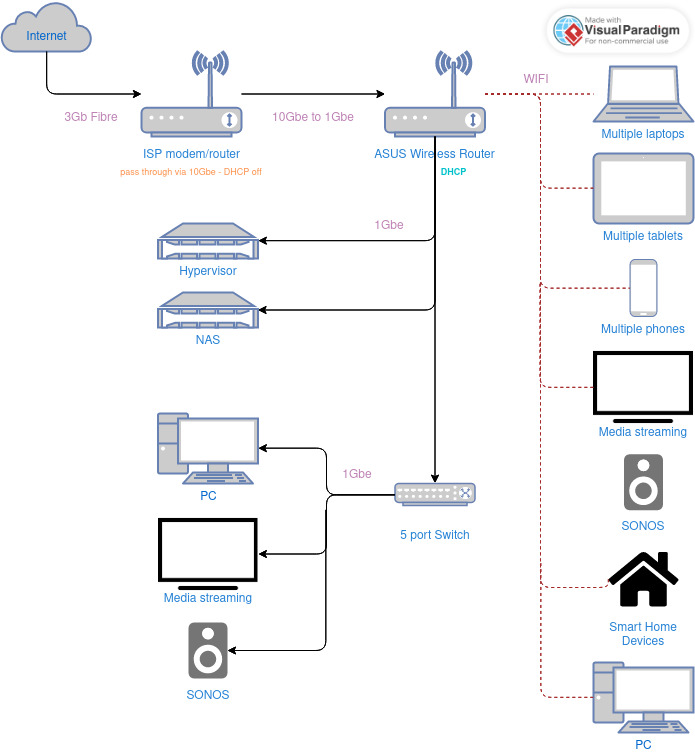Selfhosted
A place to share alternatives to popular online services that can be self-hosted without giving up privacy or locking you into a service you don't control.
Rules:
-
Be civil: we're here to support and learn from one another. Insults won't be tolerated. Flame wars are frowned upon.
-
No spam posting.
-
Posts have to be centered around self-hosting. There are other communities for discussing hardware or home computing. If it's not obvious why your post topic revolves around selfhosting, please include details to make it clear.
-
Don't duplicate the full text of your blog or github here. Just post the link for folks to click.
-
Submission headline should match the article title (don’t cherry-pick information from the title to fit your agenda).
-
No trolling.
Resources:
- awesome-selfhosted software
- awesome-sysadmin resources
- Self-Hosted Podcast from Jupiter Broadcasting
Any issues on the community? Report it using the report flag.
Questions? DM the mods!
view the rest of the comments

You wouldn't need that many 10Gb devices. Just one(s) that split up the traffic to other devices. Either the ISP router needs to split it up or the device that does the splitting should be 10Gb. If you go with 2.5Gb youll be losing 0.5Gb, assuming you actually get 3Gb from your ISP.
The intent isn't to get 10Gb to every device, but to actually be able to use the full 3Gb you're paying for. Right now it looks like you're wasting 2Gb of your bandwidth because everything goes through your personal router which is limited to 1Gb.
Hmm that’s true. I’ve been researching used enterprise 10Gb SFP switches after one of the comments and I think that’s the way to go. And yes, in the tests I’ve ran on the ISP router, I get the full advertised speed. Can’t test above 1Gb on the other devices, but even through a VPN it averages 0.9Gb down/up.
I get it. I’ve actually only recently upgraded to the 3Gb plan because it was only another $5 per month over the 1.5Gb plan I had, so just trying to sort out next steps. Probably should have mentioned that in my post ☺️. I will definitely leave the PCs that are used for browsing/basic gaming/yt on 2.5, no need to change anything there as I doubt they will ever saturate 1Gb. After some of the posts here and more research, I definitely want the NAS and my main PC on 10Gb, and it should only cost a little more than planned. The HV uses a USB 3.0 Ethernet adapter, but I see there are some 5Gb ones available that will double the bandwidth.